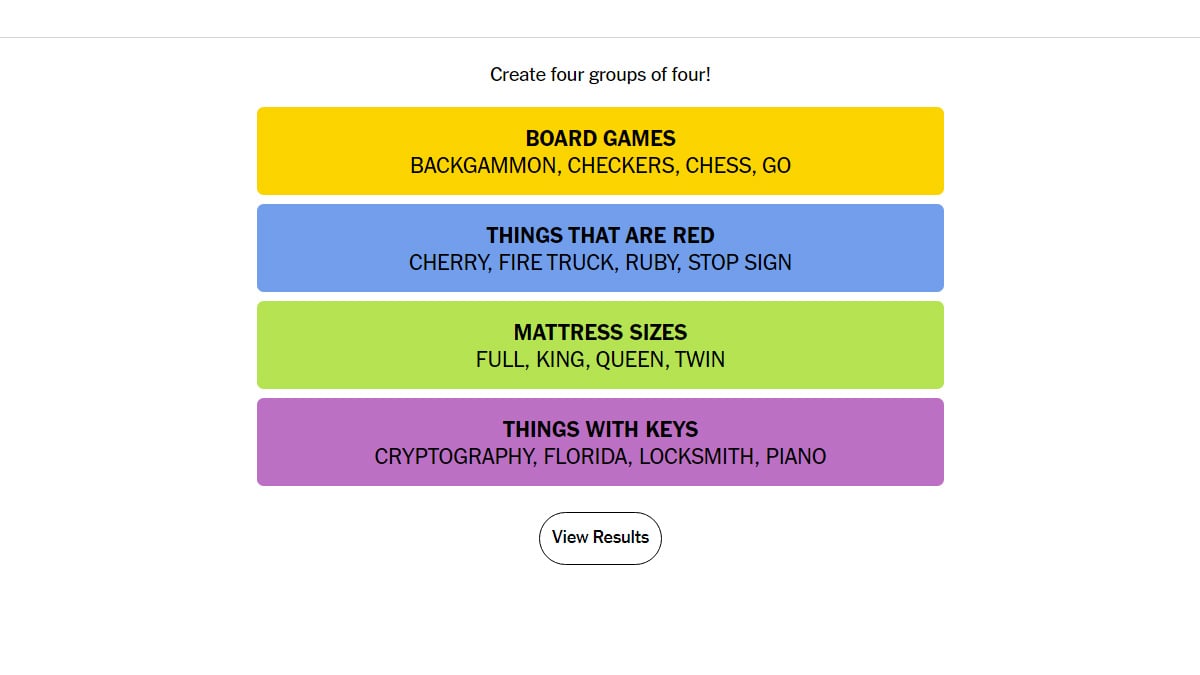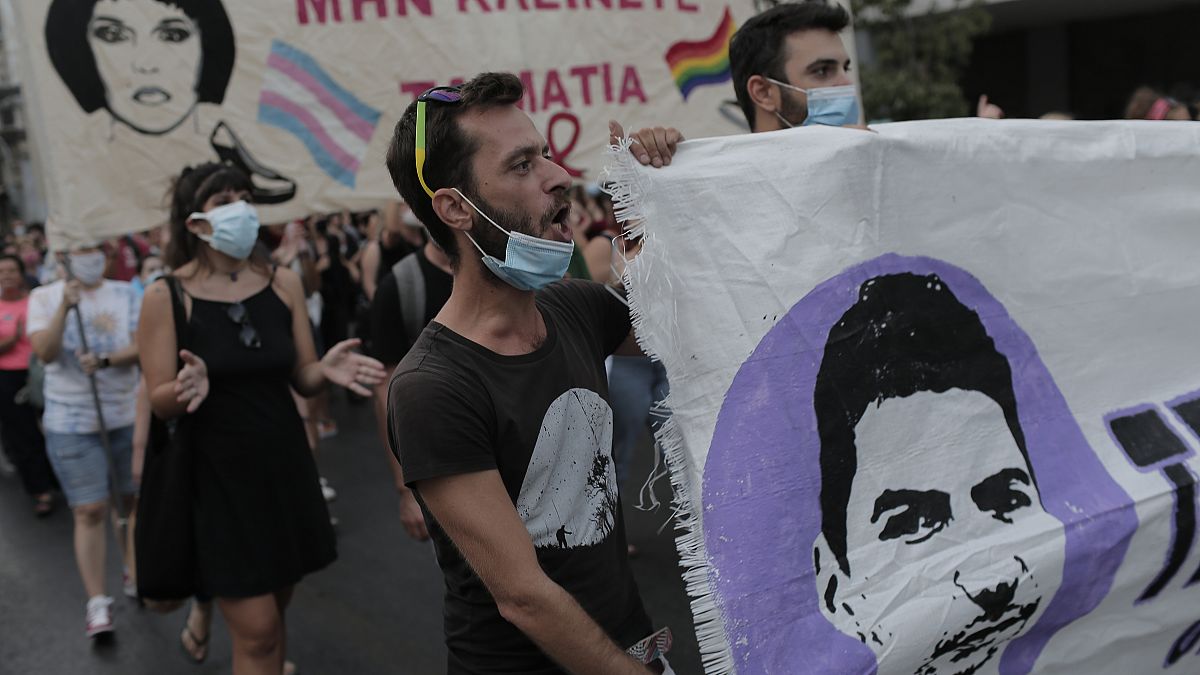French Right's Migrant Policy: The Île De Ré Controversy

Table of Contents
The Île de Ré Situation: A Case Study
The arrival of a significant number of migrants on the Île de Ré in [Insert Month, Year] quickly escalated into a major political event. The specifics of the situation remain debated, but the core elements are undisputed.
- Number of migrants arrived: [Insert approximate number, citing source]. This influx was significantly larger than the island's usual migrant population.
- Types of migrants: Reports indicate a mix of asylum seekers fleeing conflict zones and economic migrants seeking better opportunities. [Cite sources differentiating migrant types if possible].
- Local reactions and protests: The sudden arrival prompted considerable unrest among some residents, leading to protests and expressions of concern regarding resources, infrastructure, and potential social strain. These reactions were widely covered by both local and national media.
- Government's response and actions taken: The French government responded by [Detail government actions, e.g., deploying additional police, initiating relocation efforts, providing temporary housing]. The speed and efficacy of this response became a focal point of political debate.
- Media coverage and public opinion: The Île de Ré events garnered extensive media attention, fueling existing debates about France's immigration policy and its capacity to manage migrant flows. Public opinion was sharply divided, with strong reactions both for and against the government's response.
Analyzing the French Right's Stance on Migration
The French Right's approach to migration is characterized by a strong emphasis on national security, border control, and a more restrictive immigration policy compared to its left-wing counterparts.
- Key figures and political parties involved: [Name prominent figures and parties, such as prominent members of the National Rally (RN) and Republicans (LR)]. Their statements and actions significantly shape the public discourse around immigration.
- Specific policy proposals: The French Right consistently advocates for stricter border controls, faster deportation processes for those deemed ineligible for asylum, and stricter requirements for legal immigration. Proposals often include increased funding for border security and a more selective asylum system.
- Rhetoric used in public discourse: The rhetoric employed frequently highlights security concerns, linking immigration to crime rates and social unrest, despite evidence often contradicting this narrative.
- Influence of anti-immigration sentiment: The French Right successfully taps into public anxieties regarding immigration, often framing it as a threat to national identity and cultural cohesion.
- Comparison with other European countries' right-wing approaches to migration: The French Right's approach shares similarities with other right-wing parties across Europe, reflecting a broader trend of increased concern about immigration and integration within many European nations.
The Role of Security and Border Control
Security forms a central pillar of the French Right's migrant policy. This translates into concrete policy proposals:
- Increased border patrols and surveillance: Increased investment in border security technology and personnel is a common demand.
- Focus on deportation and repatriation: Efficient and swift deportation of those deemed ineligible for asylum is a core element of their platform.
- Strengthening of national identity and security concerns: The narrative often links uncontrolled immigration to heightened security risks, playing on fears of terrorism and social instability.
- Public perception of security threats related to immigration: The Right leverages public anxieties surrounding security, often exaggerating the link between immigration and crime to bolster support for stricter policies.
Integration and Assimilation Debates
The French Right's perspective on integration is often characterized by a focus on assimilation, rather than multiculturalism:
- Debates on cultural assimilation vs. multiculturalism: The debate frequently centers on the extent to which migrants should adapt to French culture and values, versus the acceptance of multiculturalism within French society.
- Language requirements and integration programs: Stricter language requirements and more rigorous integration programs are often advocated.
- Concerns about social cohesion and potential tensions: The Right often expresses concerns about potential social tensions arising from differing cultural norms and values.
- Views on the role of religion and cultural practices: Religious practices and cultural traditions are often viewed through the lens of potential incompatibility with French secularism (laïcité).
The Île de Ré Controversy in Broader Context
The Île de Ré situation isn't an isolated incident; it reflects broader European and global migration trends.
- The impact of global migration patterns on France: France, like many European countries, faces increasing pressure from global migration flows, driven by conflict, poverty, and climate change.
- The European Union's role in managing migration flows: The EU's role in managing external borders and coordinating asylum policies is a key factor influencing France’s immigration policy.
- The influence of international pressure and human rights considerations: International pressure and human rights considerations place limitations on how strictly France can enforce its immigration policies.
- Long-term implications for French society and politics: The long-term social, economic, and political implications of France's migration policies remain a subject of intense debate and ongoing research.
Conclusion
The Île de Ré controversy serves as a microcosm of the larger debates surrounding the French Right's migrant policy. The events highlighted the tensions between local concerns, national policy, and the broader European migration context. The French Right's stance, characterized by an emphasis on security and assimilation, continues to shape the political discourse and influence policy decisions related to immigration in France. The complexities of the issue, however, necessitate a nuanced understanding of the various perspectives involved. Understanding the complexities of the French Right's Migrant Policy and the implications of events like the Île de Ré controversy requires informed discussion. Continue exploring the various facets of this significant issue to foster a more nuanced understanding of French immigration policies and the political landscape surrounding migration in France.

Featured Posts
-
 Nyt Connections Game Answers And Hints For Puzzle 627 Feb 27
May 19, 2025
Nyt Connections Game Answers And Hints For Puzzle 627 Feb 27
May 19, 2025 -
 Ufc Vegas 106 Morales Knockout Pros React To The Real Deal
May 19, 2025
Ufc Vegas 106 Morales Knockout Pros React To The Real Deal
May 19, 2025 -
 Kristen Stewarts The Chronology Of Water A Critical Review
May 19, 2025
Kristen Stewarts The Chronology Of Water A Critical Review
May 19, 2025 -
 Mikto Orkoto Efeteio Dodekanisoy Leptomeris Analysi Toy Boyleymatos Kai Ton 210 Enorkon
May 19, 2025
Mikto Orkoto Efeteio Dodekanisoy Leptomeris Analysi Toy Boyleymatos Kai Ton 210 Enorkon
May 19, 2025 -
 Conoce A Los Aspirantes A Diputados De Rescate Y Transformacion En Cortes
May 19, 2025
Conoce A Los Aspirantes A Diputados De Rescate Y Transformacion En Cortes
May 19, 2025
